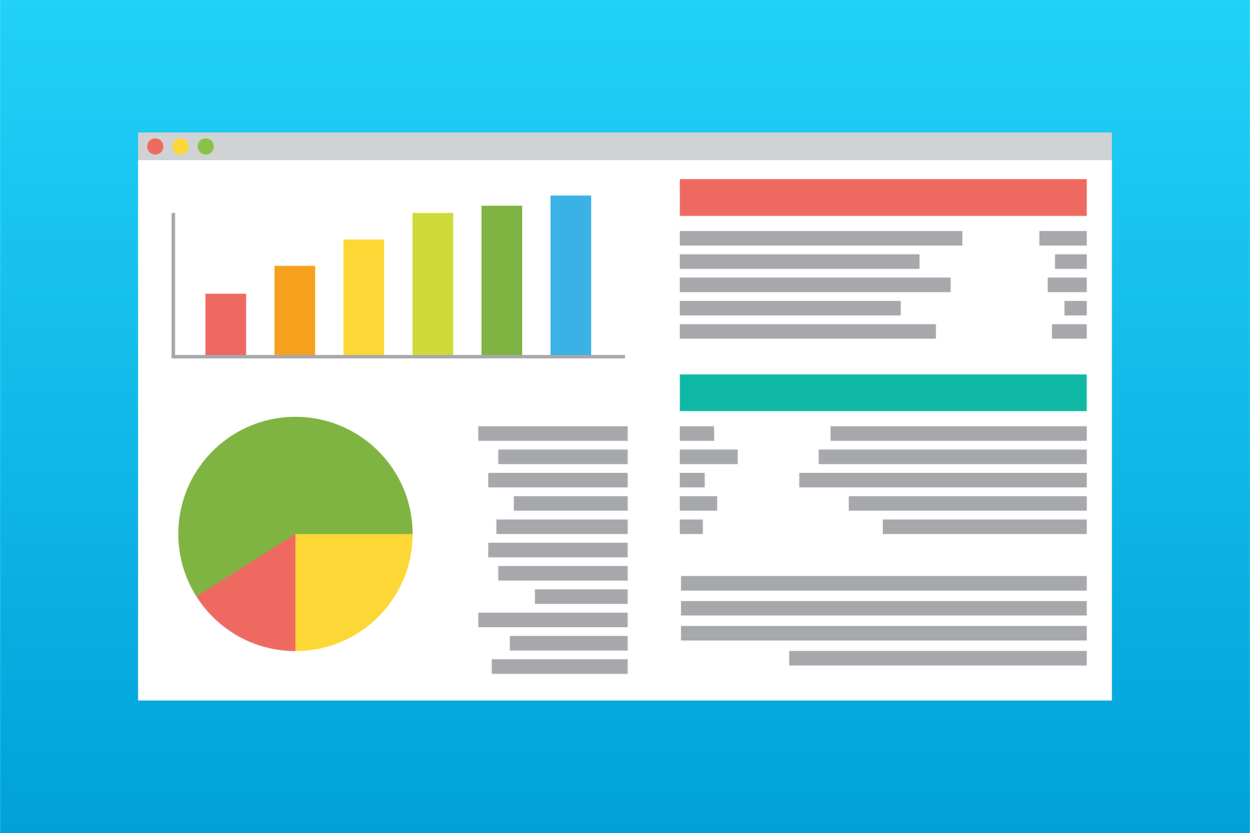
If you haven’t converted to cloud-based accounting, it’s likely that COVID-19 may prompt you to make the switch. With more and more businesses and industries operating virtually, cloud access and real-time data has become more important than ever for making the best business decisions possible in uncertain times. With so much up in the air, you don’t want to be caught with a static accounting system that cannot keep up and provide the answers you need.
If you’re on the fence, we’ve put together the top 11 benefits of cloud-based accounting and the real-time data it provides.
1. Drill down on business performance – Real-time data through cloud-based accounting allows you to drill down on the key components of your business’s performance. You can get global or granular on factors such as location, project, customer, vendor, or department and see how each part is impacting your business in real-time. Additionally, you can use snapshots of your cash flow, revenue, expenses, and more to see how they compare year-over-year and how they are measuring up to your goals for this year.
2. Make better data-driven, real-time decisions – You’ve likely experience that last year’s or even last month’s data is irrelevant during these uncertain times. With real-time data, you can see clearly what’s holding you back now, or what’s working, and adjust accordingly. Without the real, hard data, these decisions can feel like a guessing game with a wait-and-see outcome, which is something most businesses cannot afford right now.
3. Make accurate predictions and forecasts – This accurate, up-to-date data allows you to feel more confident in the forecasting for the future your business. You have the facts in front of you to make more strategic predictions over the course of the year. Through the real-time data and historical facts, you can assess past performance, identify trends, and set goals and plans, making adjustments as needed along the way.
4. Automate processes – More and more, businesses are focused on automation, and there’s no better place to start than with your accounting. With cloud-based solutions, you can create automated workflows that handle much of the busy work for you like invoicing and paying vendors. This all funnels back into your real-time data so you can stay on top of your revenue and expenses.
5. Mitigate fraud and reduce errors – Mistakes and fraudulent activity can be more quickly and easily identified when you can see the transactions in real-time. The simplification of the software means less memorization of accounting practices, formulas, and Excel shortcuts – all of which can contribute to errors. And, the automatic reconciliation can help you detect fraud early. Being able to take timely action on errors and fraud can save your business big in the long run.
6. Simplify your reporting and EOY – Have you ever scrambled when a stakeholder asked for an up-to-date report on your business? Cloud-based accounting allows you to present an accurate, timely report in no time, simplifying the process for you and your stakeholders. Additionally, you avoid the end-of-year rush because you’ve been entering your information and tracking all year long, so tax bills aren’t as much of a surprise.
7. Simplify GST compliance – If you have general sales tax to track and monitor, you know it can be a challenge to assemble and file your GST returns. Cloud-based accounting tracks and applies GST automatically for you and allows you to pull a quick report when you’re ready to file.
8. Get access from anywhere – One of the best benefits of cloud-based accounting is that you can access your data from anywhere at any time. In the age of COVID-19 and working from home, this is especially beneficial for you and your team so everyone can stay on track and on task.
9. Collaborate with your accountant – Cloud-based accounting has simplified the transfer process of client information to accountant and saved both sides time and energy in equal measure. Gone are the days of having to download everything to a CD or flash drive and delivering it to your accountant. Now, you can collaborate together virtually and trust you’re both on the same page.
10. Simplify your technology – Cloud-based accounting eliminates hard downloads across multiple computers and saves your IT department (or you) the headache of making sure everyone is up-to-date across the company. Thanks to online hosting, IT doesn’t have to worry about updating the software either, so they can focus on other projects.
11. Get the tech support you need – Most cloud-based accounting platforms offer regular tech support to help you any hour of the day. You’ll also have access to forums of thousands of other users so you can discuss issues and share best practices. Keeping your program up and running and optimized contributes to better real-time data.
For assistance with choosing the right cloud-based accounting platform for your business, contact us today.
Receive Free financial tips & Tax Alerts!
"*" indicates required fields
Intangible assets, such as patents, trademarks, copyrights and goodwill, play a crucial role in today’s businesses. The tax treatment of these assets can be complex, but businesses need to understand…
If you’ve been trading or holding digital assets, some significant tax changes are heading your way, and they could shake up how you track and report your transactions. Starting January…
When a person considers an “estate plan,” he or she typically thinks of a will. And there’s a good reason: A well-crafted, up-to-date will is the cornerstone of an estate…